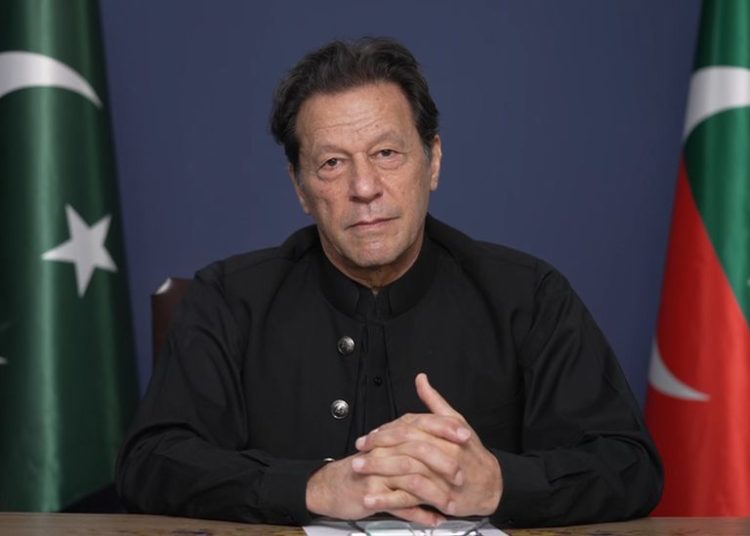The United States has reopened its embassy in the Solomon Islands as part of its efforts to counter China’s growing presence in the Pacific region. The embassy had been closed since 1993, but was reopened in response to concerns over China’s increasing military ambitions. The region is strategically important for the US as a gateway to Asia for its Pacific allies, such as Australia. The US Secretary of State, Antony Blinken, said that the reopening of the embassy will help advance the US-Pacific partnership goals of promoting democracy in the region.
In recent years, the US and Australia have become increasingly concerned about Beijing’s increasing influence and military expansion in the Pacific. In September of last year, US President Joe Biden invited 14 Pacific island nations to the White House for the first-ever in-person summit and signed a sweeping partnership and development agreement with them. The Solomon Islands’ Prime Minister, Manasseh Sogavare, also signed the agreement.
China has been making a push to gain influence in the Pacific, but with mixed success. While it signed a security deal with the Solomons in March, it failed to secure a trade and security deal with 10 regional countries a few months later. Nevertheless, some Pacific countries, such as Fiji, have started to cancel agreements with China and indicated a preference for stronger ties with Australia and New Zealand.
The reopening of the US embassy in the Solomon Islands also comes as Washington is renegotiating agreements with three island nations in the North Pacific – Micronesia, Palau, and the Marshall Islands – who have given the US exclusive military use rights. Despite the US re-engagement in the region, it remains to be seen if these announcements will be backed up by actions, according to Dr Meg Keen from the Australia-based Lowy Institute. The region could see a diverse range of partnerships as Pacific islands pursue development goals and funding.
In conclusion, the reopening of the US embassy in the Solomon Islands is part of its efforts to counter China’s growing presence in the Pacific and promote democracy in the region. The move is also welcomed by Pacific island nations who are looking for strong partnerships to pursue their development goals.














